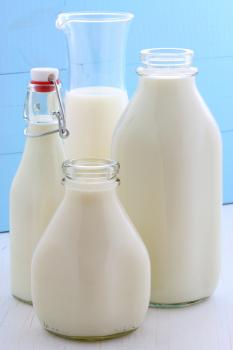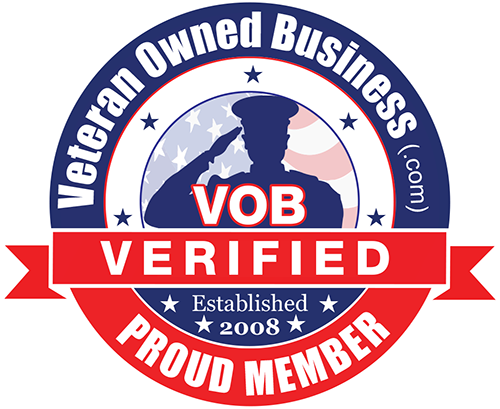Should Your Senior Give Dairy Alternatives a Try?
June 7, 2022

Non-dairy foods and beverages are more popular than ever, and that’s for lots of really good reasons. June is Dairy Alternatives Month, and it might be a good time to talk with your senior about dairy alternatives and whether they might be a good fit for her lifestyle. Here’s what you and your senior need to know.
Milk Is Tasty and Nutritious, but Your Senior May Be Intolerant
Dairy milk is nutritious and delicious, containing plenty of protein, vitamin D, and calcium. Dairy products are an excellent way to get some of the nutrients that your elderly family member might have been missing. But over time, many adults find that they just don’t tolerate dairy the way that they used to. This can lead to gastrointestinal symptoms which can be irritating for your elderly family member.
Dairy Also Can Be High in Saturated Fat
Another concern might be the saturated fat that is found in dairy products. Saturated fat is the type of fat found in animal-based foods and if your elderly family member’s doctor has recommended that she reduce her saturated fat intake then dairy products might be an area for her to cut back. Health issues like heart disease and high cholesterol might necessitate this change for your senior.
What Are Dairy Alternatives?
Dairy alternatives are items that are similar to their dairy counterparts but are made from plant-based products. Nut milks are the most common dairy alternatives, but in addition to almond and cashew milk, you’ll also find rice milk, coconut milk, soy milk, and oat milk. These different types of milk are often then made into other non-dairy products, like cheese and yogurt. If your senior is allergic to a particular ingredient in non-dairy milk, she should avoid that particular type of milk or non-dairy product.
Dairy Alternatives Are Nutritious, Too
Dairy alternatives are a popular choice with a lot of people because they are delicious and also nutritious. They’re typically lower in protein than dairy, but they are also lower in saturated fat. In addition, they’re also rich in nutrients like vitamin E, B vitamins, potassium, iron, and fiber. This can make non-dairy alternatives extremely attractive even if your senior does still drink and eat dairy products.
Talk to Your Senior’s Doctor
Ultimately, it’s best to talk with your senior’s doctor about what’s best for her diet and her dietary needs. Substituting dairy alternatives might feel complicated for your senior if she’s used to using the dairy versions exclusively. Working with elder care providers to help her modify her eating habits can help a bit. Home care providers can also help your senior in lots of other ways, making her life easier along the way.
Adjusting to new ingredients in food can take time. Elder care providers can help your senior to have a much more pleasant experience as she adjusts to adding dairy alternatives to her diet. Depending on your senior’s dietary needs, she may find that she enjoys dairy alternatives a lot more than she expected to.
If you or your loved one is looking for Elder Care in Palo Alto, CA, please call Familiar Surroundings Home Care.
Santa Clara County: (408) 979-9990
San Mateo County: (650) 353-9777
Santa Cruz County: (831) 480-3990
